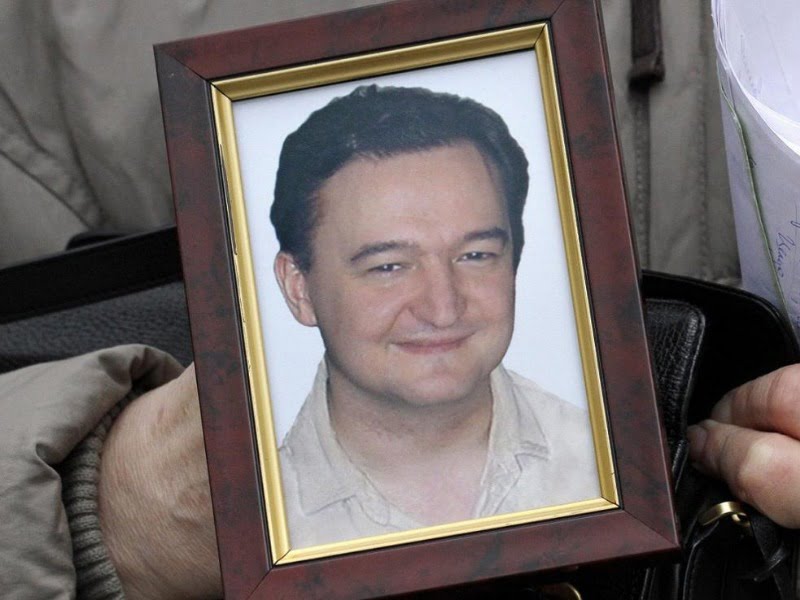Individuals who committed crimes against humanity, genocide and torture will be facing EU sanctions as the union takes a step closer to implementing its own Magnitsky Act.
Persons who committed crimes related to corruption, however, are not to be included, in a move that has already faced criticism.
The law is named after the Russian lawyer and auditor who died in a Moscow prison in 2009 after exposing Russian officials involved in tax fraud.
A leaked document shows that perpetrators of slavery, disappearances and extrajudicial killings will be the first to face EU asset freezing and visa bans.
Bill Browder, the Head of Global Magnitsky Campaign and former colleague of the assassinated lawyer, criticised the fact that the 12 criteria do not include corruption.
BREAKING: EU releases draft of new Magnitsky law. The good news is it’s now actually moving forward. The bad news is that it doesn’t include sanctions for corruption and kleptocracy. They’re also not calling it by its rightful name: The EU Magnitsky Act. https://t.co/ve5JkFJgUi
— Bill Browder (@Billbrowder) September 14, 2020
Browder told the EUobserver that many people are being tortured and killed because they expose corruption, “its part and parcel of the whole Magnitsky law concept”.
The list of 12 criteria appeared in an EU commission draft of the new regulation, the EUobserver is reporting.
The sanctions are set to target thugs and henchmen of abusive regimes worldwide.
Pressure on the EU to implement such sanctions increased in recent months especially after the UK announced it would be implementing its own Magnistky Act.
The UK’s Foreign Secretary Dominic Raab announced in July a list of 49 individuals who will face a visa ban and have their assets frozen including Saudi nationals who were involved in the brutal murder of journalist Jamal Khashoggi.
Browder had criticised the EU for dragging its feet on setting up an EU Magnitsky Act.
According to the EUobserver, the persons named are those who were never convicted by the authorities they serve. They will have the possibility to challenge the EU in its courts in Luxembourg. There is also the possibility of being delisted by passing “new information” to the EU commission.
Names are to be added by the EU States following consensus.
Ten years after Sergei Magnitsky’s death, the European Court of Human Rights (ECHR), led by Maltese Judge Vincent de Gaetano, ruled against Russia in the case.
The ECHR condemned Russia for “multiple violations” against Magnitsky. The court’s seven judges concluded that Magnitsky’s treatment during his 11-month detention stood in violation of his human rights, the right to life, right to liberty and security, and right to freedom from torture.
The judges also denounced an “inherently unfair” posthumous trial that found the accountant guilty of tax evasion.
In December 2012, the Obama-led administration signed the US Magnitsky Act targeting, in particular, the Russian officials deemed responsible for the death of the Russian lawyer.













